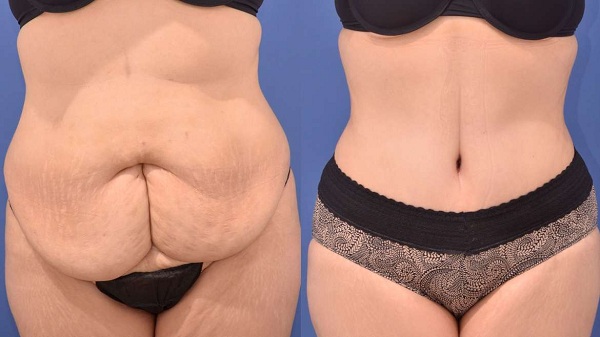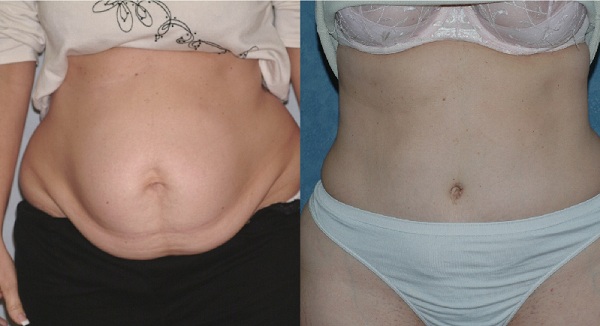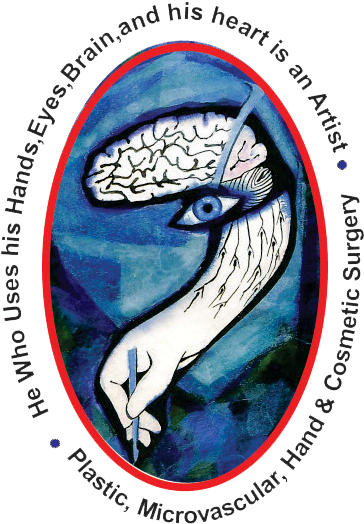Abdominoplasty
An abdominoplasty is a procedure that flattens your abdomen by removing extra fat and skin and tightening muscles in your abdominal wall. This surgical procedure is also known as a tummy tuck.



Tummy tuck surgery, also known as abdominoplasty, removes excess fat and skin and, in most cases, restores weakened or separated muscles creating an abdominal profile that is smoother and firmer.
A flat and well-toned abdomen is something many of us strive for through exercise and weight control. Sometimes these methods cannot achieve our goals.
Even individuals of otherwise normal body weight and proportion can develop an abdomen that protrudes or is loose and sagging. The most common causes of this include:
- Aging
- Heredity
- Pregnancy
- Prior surgery
- Significant fluctuations in weight
Questions? We got Answers!
Smoking can increase the risk of complications and delay healing. If you smoke, you will have to stop for a certain period as determined by your doctor. It is not enough to just cut down on smoking. You must completely stop using all forms of nicotine — gum, patches, and e-cigarettes — for at least two weeks before surgery and for two weeks after.
Make sure you eat well-balanced, complete meals. Do not try to diet excessively before the surgery. Proper nutrition plays a key role in healing properly.
As part of your pre-operative consultation, your surgeon may instruct you to stop taking some of your medications and dietary supplements for a certain period before and after the surgery. You must let your surgeon know if you are taking any blood thinners.
Make sure you set up the safest, most comfortable recovery area to meet your needs before you undergo the surgery. Your home recovery area should include:
- A supply of loose, comfortable clothing that can be put on and taken off very easily.
- A telephone within easy reach.
- A hand-held shower head and bathroom chair.
As expected, you will have pain and swelling after surgery. Your doctor can prescribe a painkiller if needed, and will instruct you on how best to treat the pain.
Soreness may last for several weeks or months. You may also have numbness, bruising, and overall tiredness for that same time period.
As with any surgery, there are risks. You may have an increased risk of complications if you have poor circulation, diabetes, heart, lung, or liver disease, or if you smoke. Complications can include:
- Scarring
- Hematoma (bleeding)
- Infection
- Seroma (accumulation of fluid)
- Poor wound healing
- Loss of skin
- Blood clots
- Numbness or other changes in sensation
- Risks related to anesthesia
- Changes in skin color
- Long-lasting swelling
- Fat necrosis (death of fatty tissue located deep in the skin)
- Wound separation
- Asymmetry (unevenness or lopsidedness)

